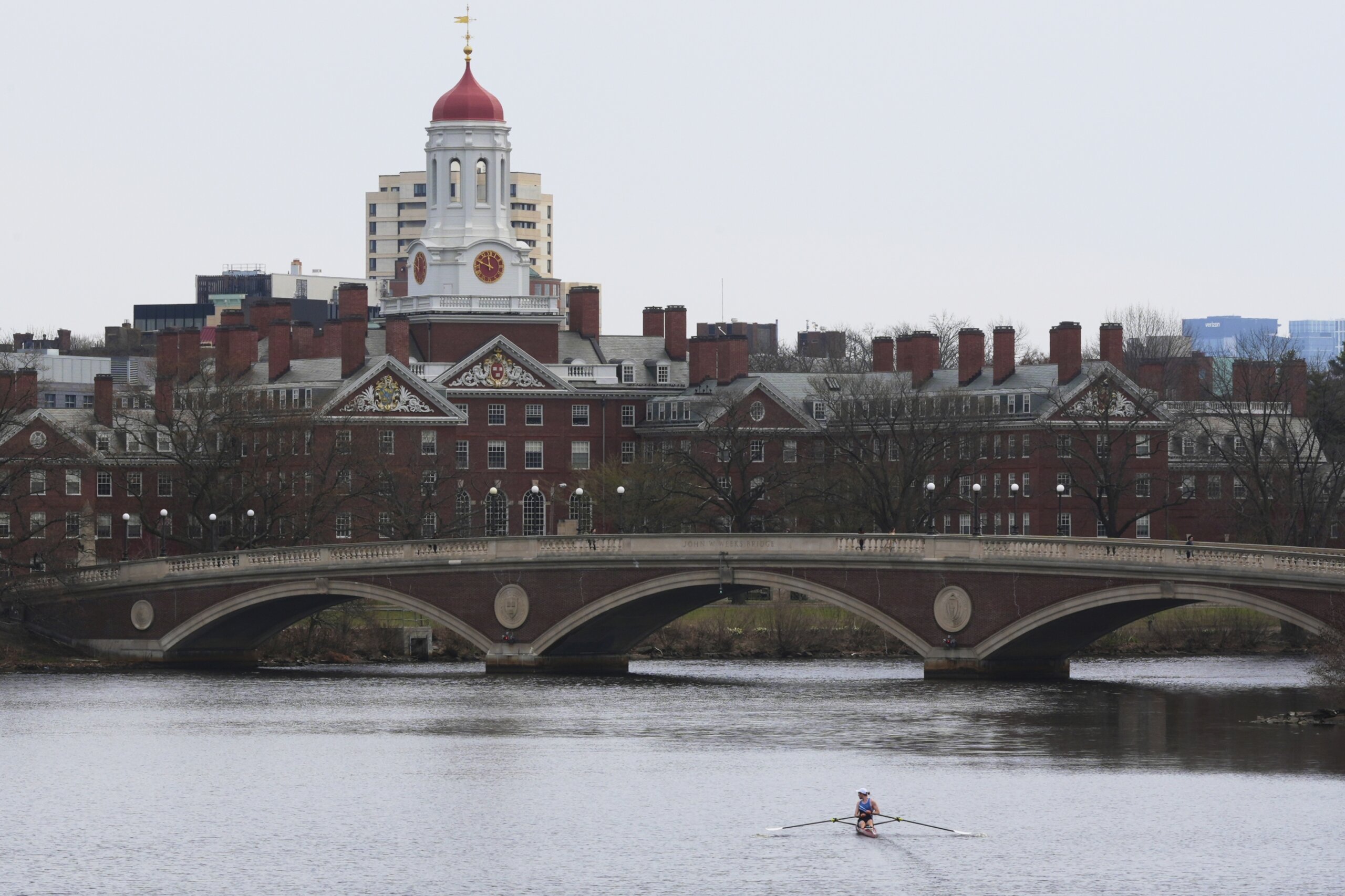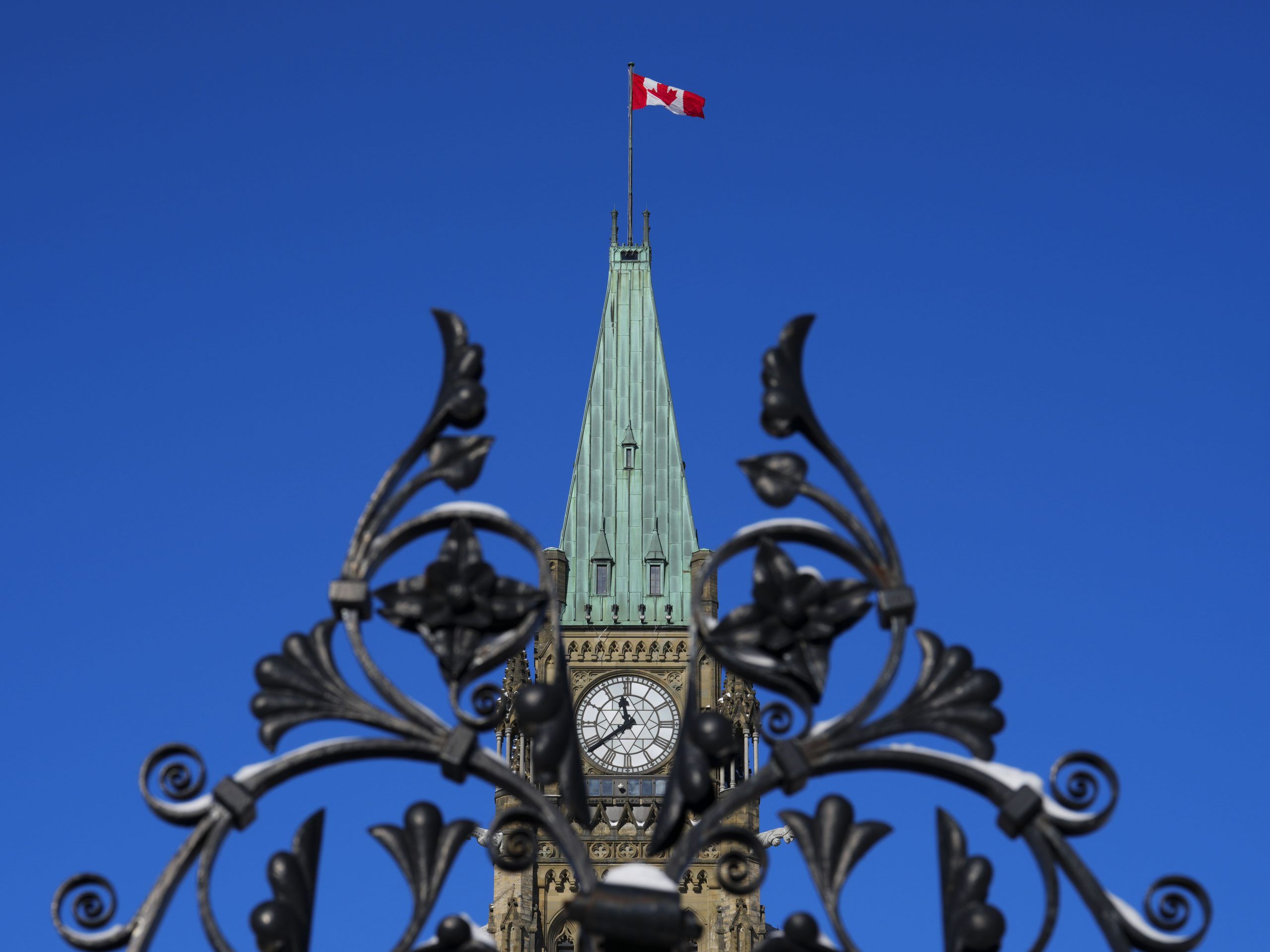Gaza blockade eases amid warnings more aid is needed to avoid famine
Israel says it has allowed 100 aid trucks into the enclave, home to more than 2 million Palestinians, amid growing concerns about a humanitarian crisis.

A former United States envoy to Gaza has warned "hundreds of trucks" carrying aid will be needed to avoid a famine in the Palestinian enclave, as Israel begins allowing supplies through its months-long blockade.
The Israeli government has been facing international pressure to ease its 11-week halting of all aid supplies into Gaza, amid concerns about a deteriorating humanitarian situation in the strip.
Israel has insisted it is working to force out Hamas in response to the October 7, 2023 attacks in which thousands of Israelis died.
The subsequent Israeli campaign has killed more than 53,000 Palestinians, according to Gaza health ministry figures cited by the Reuters news agency.
A small number of bakeries are reopening after aid arrived in Gaza. (Reuters: Hatem Khaled)
On Wednesday, Israel said it allowed 100 trucks carrying baby food and medical equipment into the enclave, two days after announcing its first relaxation of the restrictions under mounting international pressure.
The UN food agency working in Gaza said on Thursday a limited number of bakeries reopened.
Baker Ahmed Al-Banna told Reuters his bakery "immediately started working" after flour arrived from the UN World Food Programme.
A delegation of diplomats and officials from European, Asian and Arab countries were forced to run when Israeli forces opened fire in the city of Jenin.
Bakeries across the south of the enclave started ovens that had been shut for two months, he added.
"God willing, bakeries in northern Gaza will soon resume work," he said.
Israel imposed the blockade 11 weeks ago, accusing Hamas fighters of stealing supplies meant for civilians.
Former United States envoy for Gaza aid David Satterfield told ABC's The World the current rate of trucks arriving was not enough.
"The population of Gaza, approximately 2 million people, has been denied humanitarian assistance since March 2nd — the need is extreme," he said.
"A few trucks entering, a few dozen or even a few hundred on a one-off or two-off basis won't address this need."
Mr Satterfield said looting and desperate residents stealing from trucks would further frustrate efforts to get aid to the most vulnerable.
"You need hundreds of trucks per day, 300, 400 per day — they're going to suffer predation but you need to keep going."
Long queues could be seen after the reopening of a bakery in the central Gaza town of Deir Al-Balah. (Reuters: Ramadan Abed)
As the trickle of aid continues to flow into Gaza, Israeli forces continued their operations across the Palestinian territory on Thursday.
Israeli military strikes killed at least 50 Palestinians across Gaza, local health authorities said.
There was no immediate comment from the Israeli military on the reports. It has repeatedly said it seeks to avoid civilian casualties and targets militants.
In Beit Lahiya on the northern edge of the enclave, a tank shell hit a medicine warehouse inside Al-Awda Hospital and set it ablaze, the health ministry said. Rescue workers had been trying to extinguish the fires for hours, it added.
Tanks are stationed outside the hospital, medics say, effectively blocking access to the facility.
The Gaza healthcare system has been barely functioning, with most of the medical facilities out of order, because of repeated Israeli military strikes, raids and the ban on the entry of medical supplies.
Prime Minister Benjamin Netanyahu said on Wednesday Israel would be open to a temporary ceasefire to enable the return of hostages taken by Hamas-led fighters.
But if they were not returned, he said it would press ahead with a military campaign to gain total control of Gaza.
A senior Hamas figure accused Mr Netanyahu of seeking to "stall" a peace deal.
On Thursday, Mr Netanyahu further said he was "ready" to accept a temporary ceasefire with Hamas in exchange for the return of all remaining hostages.
He also said construction of a humanitarian aid distribution zone in southern Gaza would be ready in coming days.
Mr Satterfield, who now works for the US-based Baker Institute for Public Policy, said Mr Netanyahu was trying to "square two circles" by trying to respond to international pressure without also facing the collapse of his coalition government.
ABC/Reuters




















